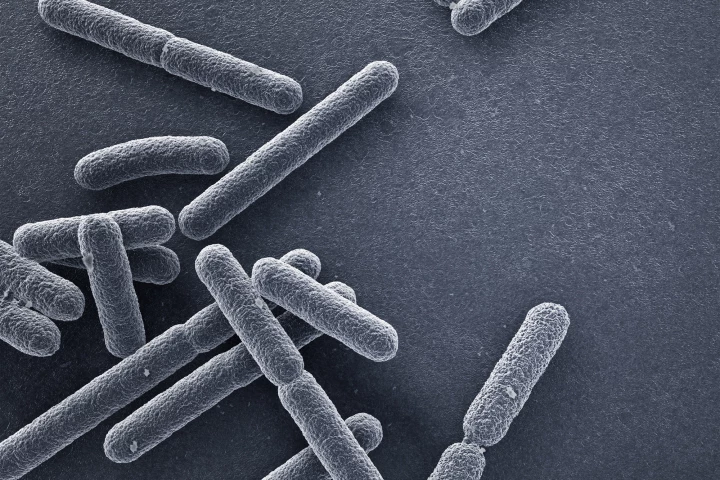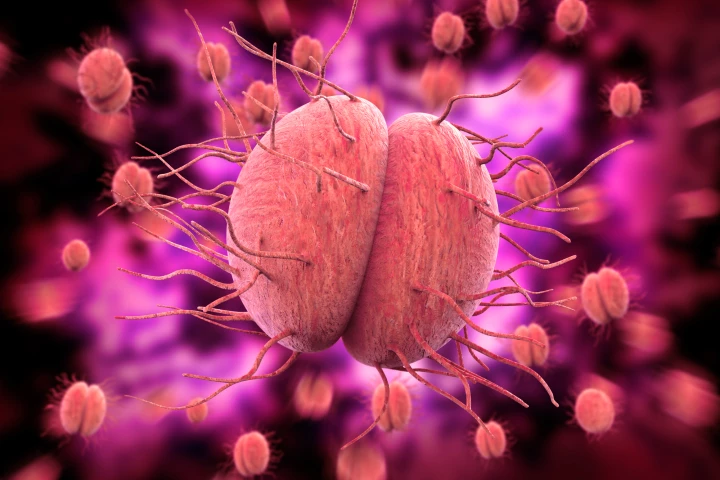Superbugs
-
Klebsiella pneumoniae is a nasty bacteria that can cause pneumonia. It’s a tough one to fight, but now researchers have developed an inhalable vaccine that, in mouse tests, can invoke a strong immune response against several strains of the bacteria.
-
Antibiotics may work, but they drive bacteria to evolve into new drug-resistant forms. Now a new study has uncovered a mechanism that could make the bugs non-infectious without killing them, reducing the evolutionary pressure that leads to superbugs.
-
Bacteria are extremely good at evolving in response to drugs, which can render vaccines ineffective. But now, researchers at ETH Zurich have found a way to weaponize that ability against them, forcing the bugs down harmless evolutionary dead ends.
-
Antibiotic-resistant bacteria, or “superbugs,” pose one of the most dangerous looming threats to public health. Now, researchers have found a new potential weakness in some of the worst strains, which makes them choke on their own toxic molecules.
-
Researchers in Israel have demonstrated a creative potential solution to the rise of superbugs with a set of "molecular tweezers" that can pick apart the protective film of bacteria, freeing the way for the human immune system to go to work.
-
By turning modern scientific tools on an antibiotic discovered 70 years ago, researchers have unearthed a previously unknown mechanism it uses to pierce and pop superbugs like balloons, raising new hopes in the fight against drug-resistant bacteria.
-
New weapons against so-called “superbugs” are desperately needed. A new black phosphorus coating quickly kills bacteria and fungi, then dissolves within 24 hours – and best of all, bacteria can’t evolve resistance against this mode of attack.
-
Antibiotic-resistant bacteria are an urgent public health threat. A new single-dose drug has been developed that works on a different mechanism to most antibiotics, and tests in mice show that it can be used to treat multi-drug-resistant gonorrhea.
-
Microplastics are increasingly found polluting waterways and causing unknown damage to the health of animals and humans. Now, a new study provides evidence there's cross over with another looming public health threat – antibiotic-resistant superbugs.
-
A study is offering clues to the origins of a deadly fungal pathogen that mysteriously appeared in hospitals around the world 10 years ago. The study chronicles the discovery of the pathogen for the first time in a remote natural environment.
-
Antibiotic-resistant “superbugs" pose a serious public health threat. New antibiotics are needed to turn the tide, but developing them takes time. Now IBM Research has set AI on the task, producing two promising new drug candidates very quickly.
-
Decades of overuse means bacteria are quickly developing resistance to antibiotics. A new study has found that an FDA-approved drug can act as an "anti-antibiotic,” reducing the development of drug resistance when taken alongside an antibiotic.
Load More











